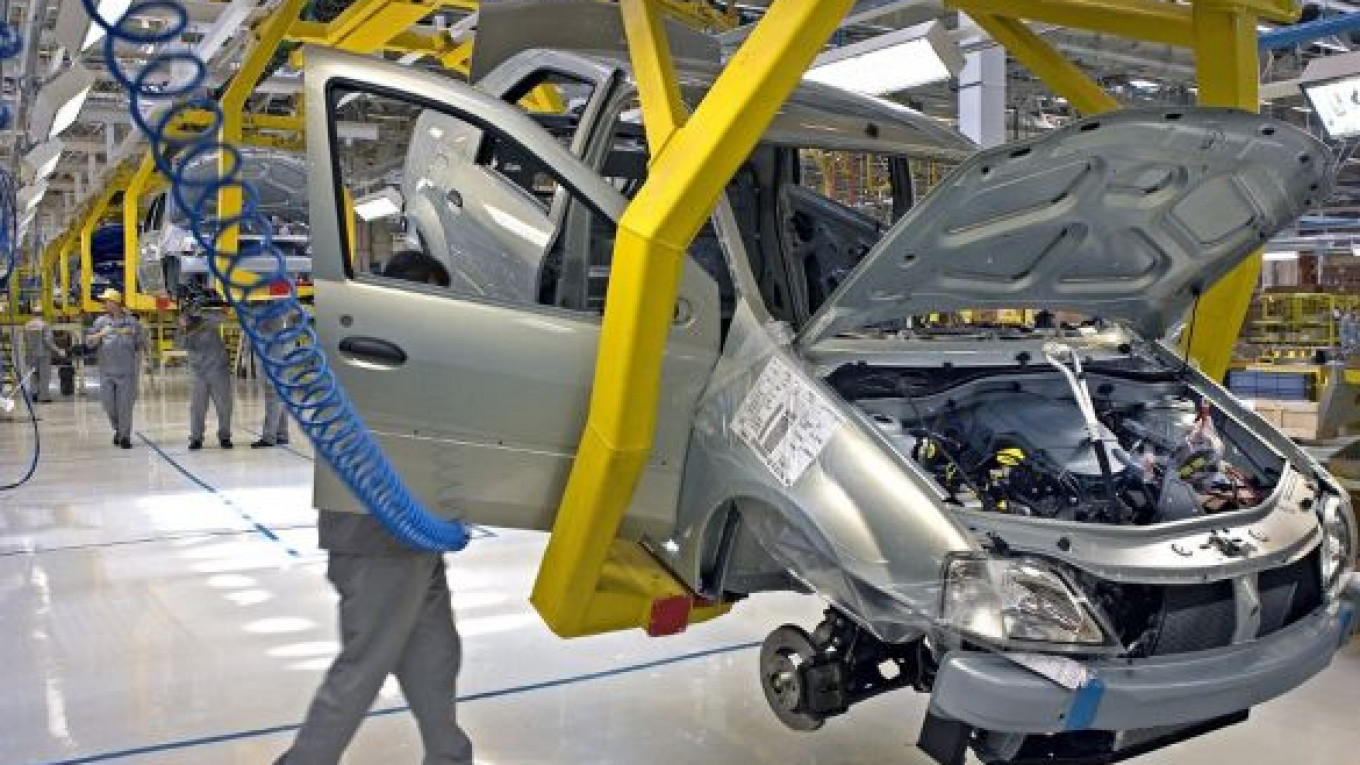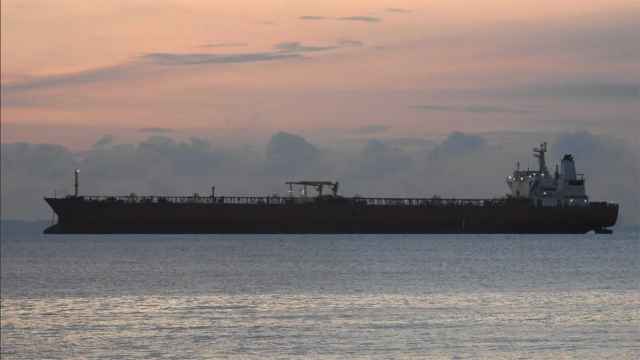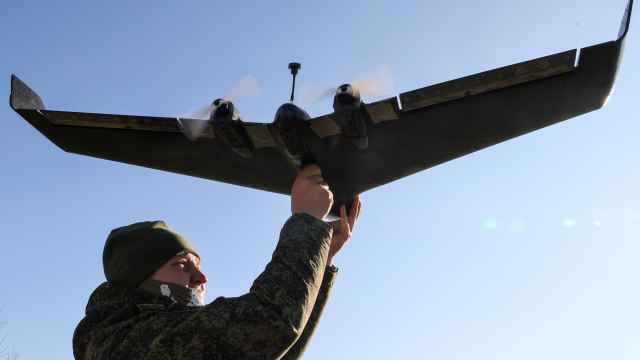Manufacturing growth slowed in April for the largest monthly drop since December 2008 after export orders declined and companies scaled back investment.
The Purchasing Managers' Index fell to a seasonally adjusted 52.1, the weakest level since November, from 55.6 in March, HSBC Holdings Plc said in a report Tuesday, citing data compiled by Markit Economics, a financial information services company.
The survey-based index indicates a contraction when below 50 and growth with a figure above 50.
"A decline in new export orders is worrisome as it usually points to the direction of change in overall manufacturing growth momentum in the coming months," Alexander Morozov, HSBC's chief economist for Russia and the Commonwealth of Independent States, said in the report.
Growing producer prices and slowing demand for exports are hampering investment and restraining output even as prices for commodities pick up. Industrial production expanded in March at the slowest pace since November 2009, rising an annual 5.3 percent.
The Economic Development Ministry expects gross domestic product to expand 4.2 percent this year after growing 4 percent in 2010. GDP rose an annual 4.5 percent in the first quarter, the ministry estimates.
President Dmitry Medvedev said in February that Russia should seek growth of as much as 10 percent a year within five years to keep up with the pace of rival so-called BRIC developing economies. Russia posted an average growth rate of almost 7 percent from 1999 to 2008.
"The impact of export demand and manufacturing growth on Russian GDP growth has declined," Morozov wrote in the report. "It raises the importance of a growth pick-up in other sectors in order to sustain overall growth momentum in the economy."
The Central Bank, which last week unexpectedly increased its interest rates for the second time this year to cap inflation while keeping reserve requirements unchanged, pointed to "weak" fixed-capital investment and slowing industrial expansion in its statement on April 29. Investment shrank during the first three months of the year after 10 consecutive monthly gains.
New export orders slipped in April for the first time in five months, resulting in the steepest drop in work backlog for the period and a "marginal pace" of employment gains, HSBC said in the report.
Input prices grew sharply, fanned by the rising costs of energy and raw materials, HSBC said.
Rail cargo turnover indicates the economy trails the pre-crisis level by "slightly more than" 10 percentage points, Russian Railways chief executive Vladimir Yakunin said in an interview in Moscow April 25. Rail shipments are seen as a proxy for changes in output because railroads account for about 85 percent of the nation's total cargo transport, excluding pipelines, according to VTB Capital.
A Message from The Moscow Times:
Dear readers,
We are facing unprecedented challenges. Russia's Prosecutor General's Office has designated The Moscow Times as an "undesirable" organization, criminalizing our work and putting our staff at risk of prosecution. This follows our earlier unjust labeling as a "foreign agent."
These actions are direct attempts to silence independent journalism in Russia. The authorities claim our work "discredits the decisions of the Russian leadership." We see things differently: we strive to provide accurate, unbiased reporting on Russia.
We, the journalists of The Moscow Times, refuse to be silenced. But to continue our work, we need your help.
Your support, no matter how small, makes a world of difference. If you can, please support us monthly starting from just $2. It's quick to set up, and every contribution makes a significant impact.
By supporting The Moscow Times, you're defending open, independent journalism in the face of repression. Thank you for standing with us.
Remind me later.






